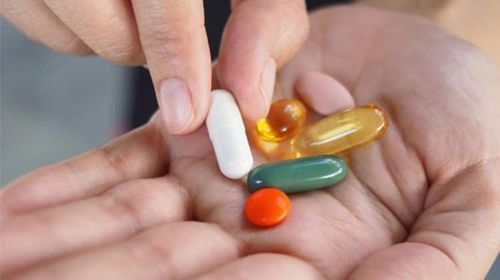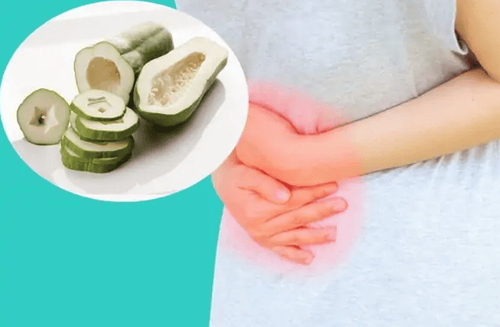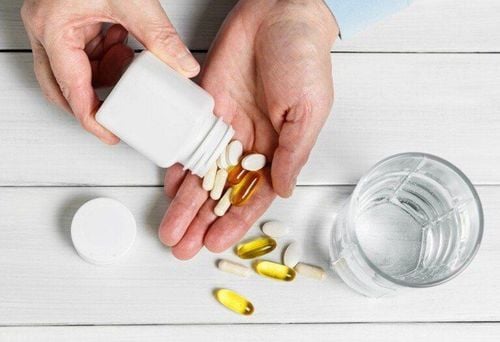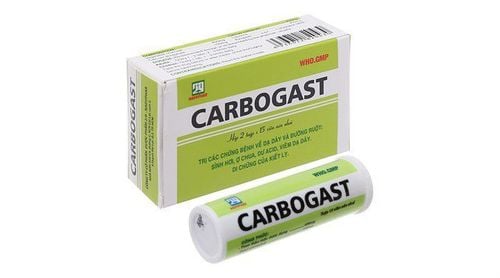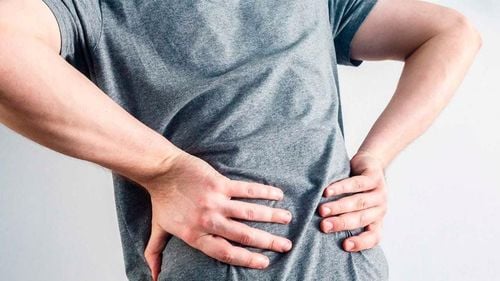This is an automatically translated article.
The article is professionally consulted by Master, Doctor Vo Thien Ngon - Urologist, Department of General Surgery, Vinmec Da Nang International General Hospital.Urinary stones are deposits of salts and minerals in the kidneys or ureters, bladder, or urethra. Urinary stones can be found in the passage from the kidney to the ureter (the tube connecting the kidney to the bladder) and in the bladder, sometimes passing into the urethra. In hot and humid tropical countries like Vietnam, urinary stones are very common. However, very few people can self-identify the pain caused by urinary stones.
1. General information about urinary stone pathology
Urinary stones are the most common pathology of the urinary tract. Urinary stones are more common in men than in women. The age of the disease is usually in adults, middle-aged and elderly people. However, there are exceptions, urinary stones are seen in children.All types of urinary stones can pass out naturally but cause the patient a lot of pain. If detected early and treated promptly, urinary stones will not cause damage to the body and leave no complications later.
2. How does pain from urinary stones happen?
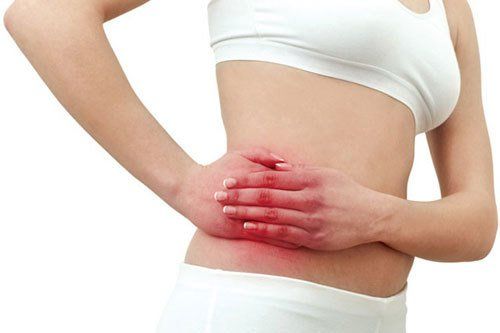
Pain caused by urolithiasis is characterized by: severe pain in the hip and back (where stones are often trapped), located at the bottom of the ribs, pain spreading to the lower abdomen, sometimes spreading to the body. genitals and inner thighs. Pain from left or right urolithiasis can be caused by the location of the stone in the left or right hip, or both. Pain caused by urolithiasis usually does not have an analgesia position (the position in which the patient feels the pain is relieved).
Some patients with urolithiasis present with urinary urgency and/or pain when urinating. Sometimes the urine is pink, red or brownish, the nature of urine is cloudy or has a bad smell. Some cases of urolithiasis are accompanied by nausea and vomiting, fever and chills. These are danger signs, you may have a urinary tract infection with stones.
3. How to treat urolithiasis?
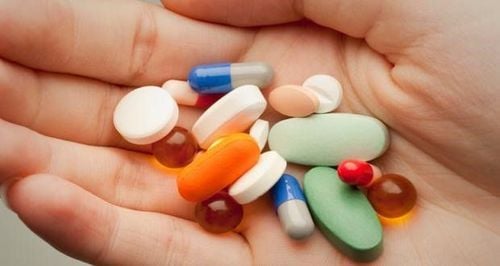
For small stones, with few symptoms, patients can have medical treatment with pain relievers or drink lots of water to eliminate stones.
Use of pain relievers: Non-steroidal anti-inflammatory drugs such as Diclofenac (Voltaren 75mg tube) intravenously, not effective, can consider using Morphine. Use of muscle relaxants: Intravenous injection of drugs Buscopan, Drotaverin... Use of antibiotics When there are signs of infection: 3rd generation Cephalosporins, Quinolones and Aminosides. In case of larger stones or stones that cause pain or blockage/reduced kidney function, bleeding or infection, more aggressive treatment methods should be applied:
Non-invasive treatment techniques invasive: extracorporeal lithotripsy Less invasive treatment techniques: endoscopic percutaneous lithotripsy (PCNL), endoscopic microscopic percutaneous lithotripsy (Mini PCNL), soft endoscopic lithotripsy, endoscopic tube semi-hard lithotripsy, ... Currently at Vinmec system, all are done with high-power, safe and effective laser sources. Urinary stone disease, like other diseases, the best treatment in medicine is always prevention. Some simple lifestyle changes are very effective in preventing and preventing stones from increasing in size:
Should drink enough water every day, it is best to choose purified water or herbal water. Limit foods high in oxalates. Limit salty foods (foods containing a lot of salt) and animal protein. Consult your doctor before using calcium supplements.
Please dial HOTLINE for more information or register for an appointment HERE. Download MyVinmec app to make appointments faster and to manage your bookings easily.





